
The Consortium Undergraduate Student Program (CUSP) is a summer research internship program for undergraduate students hosted by laboratories participating in the NIH Common Fund’s Cellular Senescence (SenNet) program.
View the work of our previous cohorts here:
–2023 CUSP cohort
–2024 CUSP cohort
CUSP 2025 Final Presentations
Meet our 2025 CUSP Students:
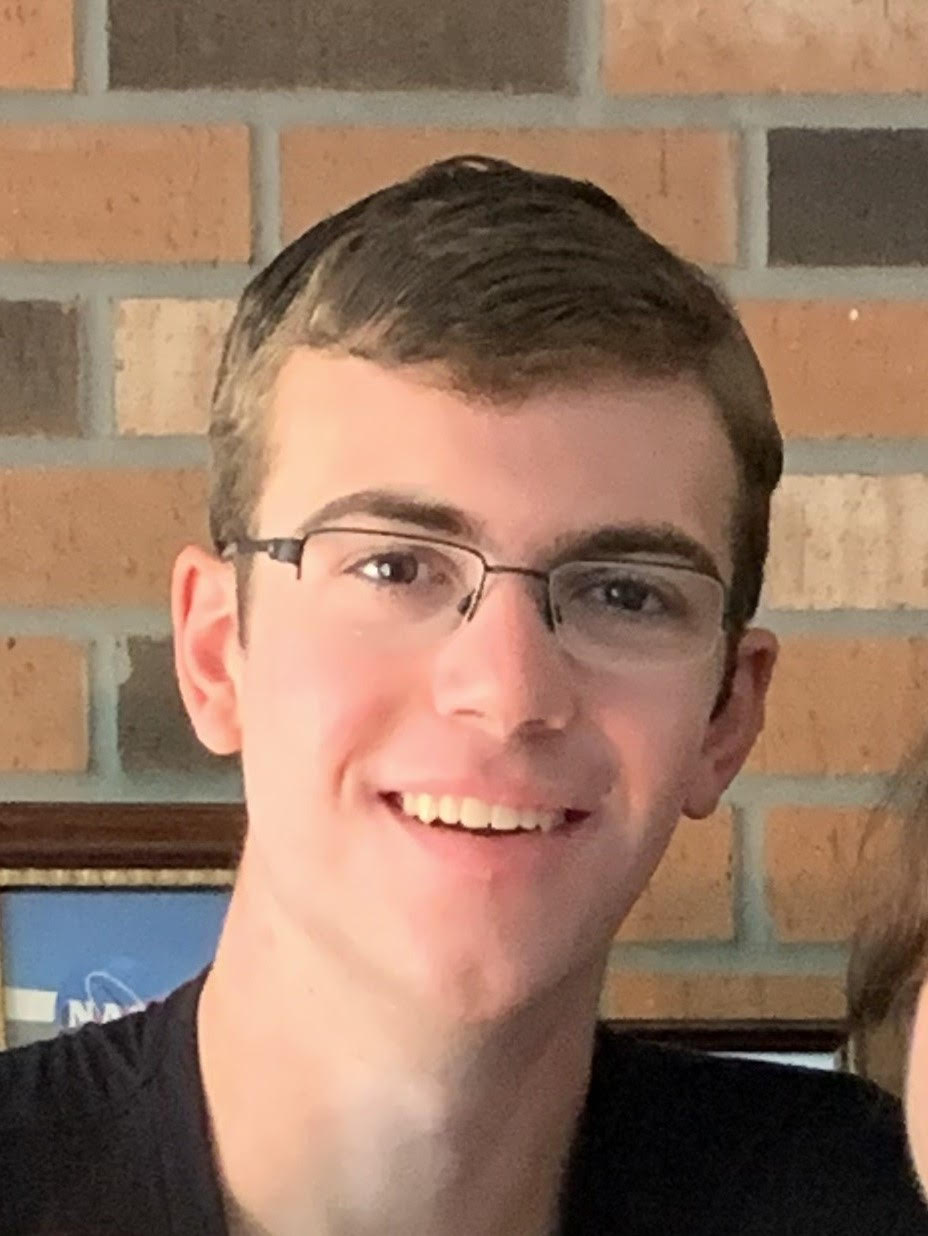
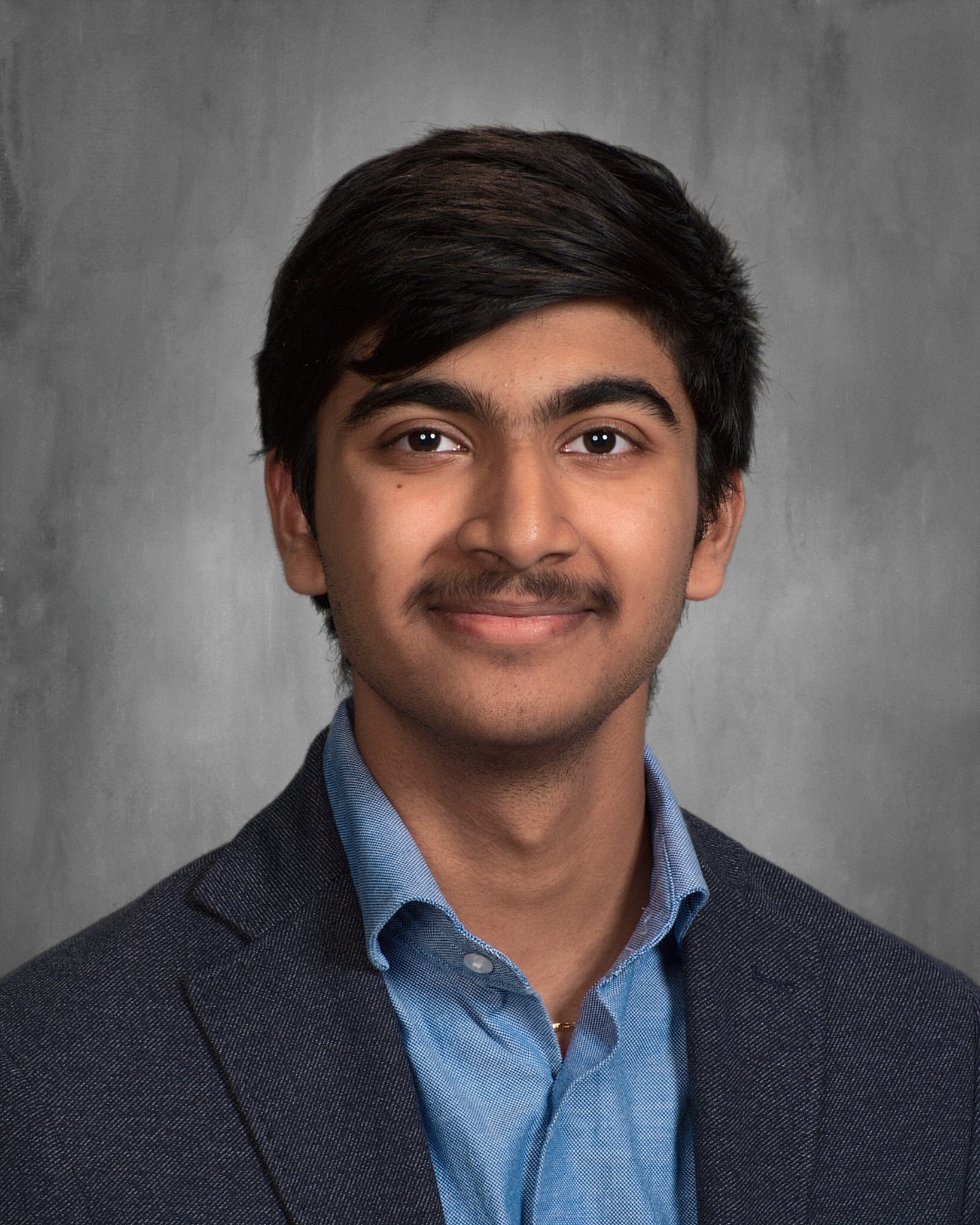
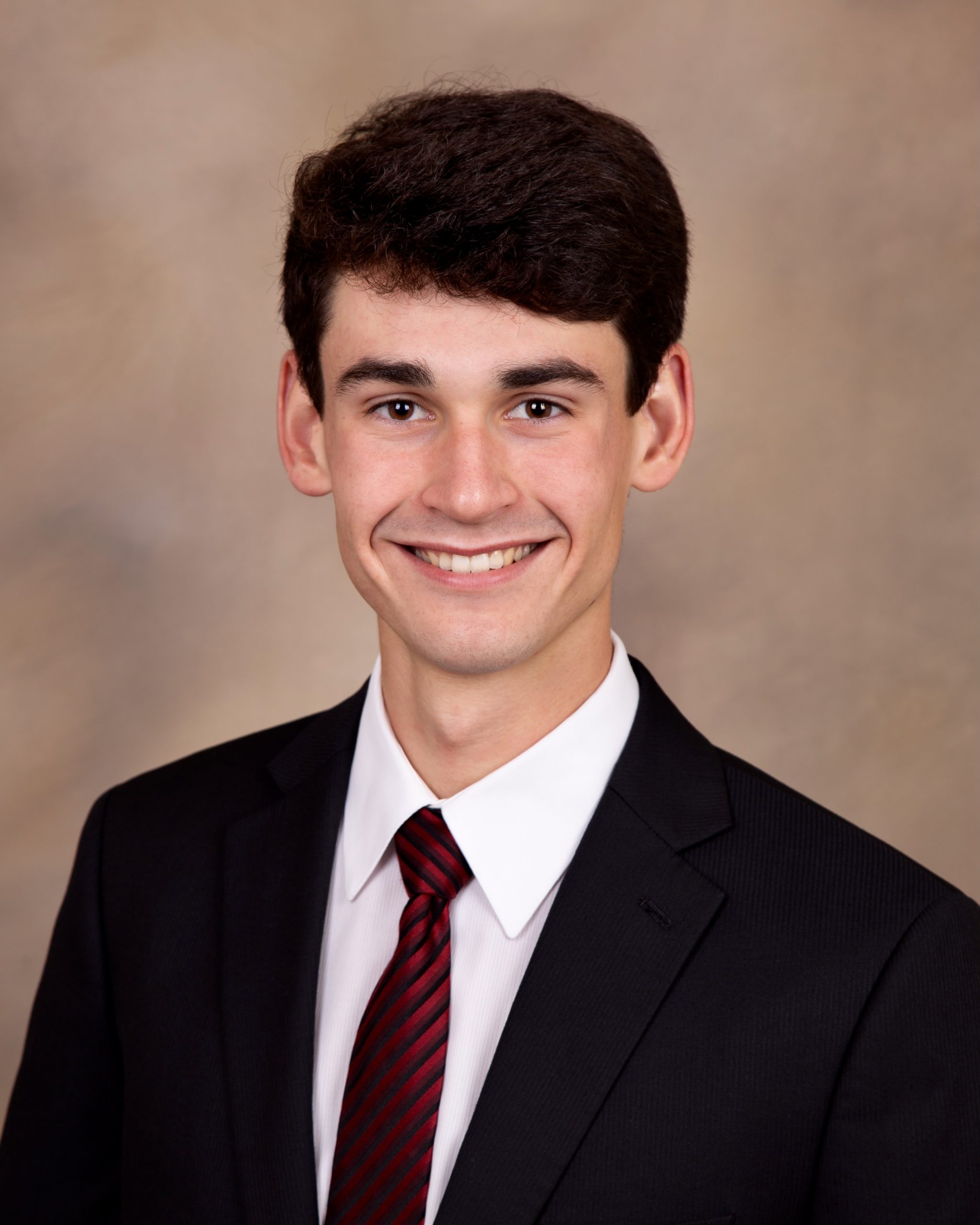
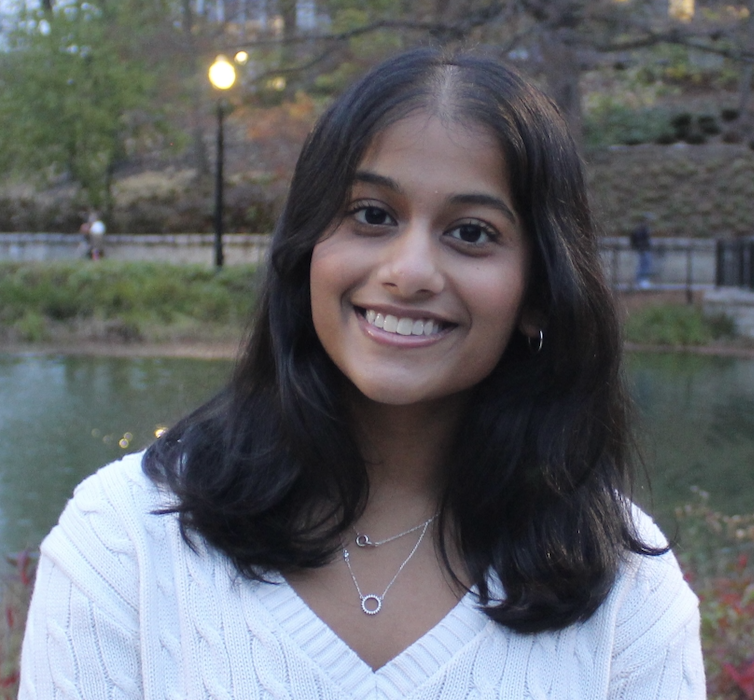
Alexander Barton
Xander Barton is a rising senior at UMBC studying bioinformatics with an ultimate goal to work in the field of life extension. He has worked in Dr. Daniel Lobo’s systems biology laboratory studying planarian regeneration for the past year, optimizing a mechanistic model of the process. Over the course of the SenNet CUSP internship, Xander will work at the Masonic Institute on the Biology of Aging and Metabolism at the University of Minnesota studying how to reduce the effects of aging as a risk factor for chronic diseases, where the secretions of senescent cells are a major contributing factor. In this lab,
Xander will learn more about the aging process by utilizing molecular techniques to interpret data on the presence and effects of senescent cells.
Tesko Chaganti
Tesko Chaganti is a rising freshman at Johns Hopkins University studying Molecular and Cellular Biology. Tesko is deeply interested in drug discovery and has profound interests in the fields of aging, cellular senescence, and conservation medicine. Through SenNet CUSP, Tesko will join the Xie Lab and the Nixon Lab at Duke University to explore the tissue-based heterogeneity of cellular senescence. Previously, Tesko has received recognition from both the Regeneron International Science and Engineering Fair and the Regeneron Science Talent Search for his research on novel senolytic drugs. Through CUSP, Tesko hopes to expand his wet-lab and bioinformatics capabilities via organoid-based assays in tandem with RNAseq and spatial transcriptomics. Tesko aspires to become a physician-scientist leading a cutting-edge drug discovery lab while delivering world-class clinical treatments.
Jeremiah Donahoe
Jeremiah Donahoe is a Human Biology and Biotechnology double major at South Dakota State University with plans to pursue an MD-PhD followed by a career in Aerospace Medicine—ideally at NASA. He has previously performed research on murine macrophages in the Thiex Lab at SDSU. He will be working in the Schafer Lab at Mayo Clinic, which is interested in cellular senescence of brain cells. This research has many applications, one of which includes the therapeutic treatment of age-related cognitive difficulties. He is eager to use his previous laboratory skills in this novel field of neuroscience and expand both his knowledge base and skillset. He is very grateful and excited for this opportunity!
Shrilekha Kalavakolanu
Shrilekha Kalavakolanu is a rising junior at The Ohio State University majoring in Neuroscience with a minor in Global Public Health and Public Policy on the pre-medicine track and is an aspiring physician. She has had the opportunity of working in the Mora-Rojas Lab for the past 3 semesters and will be continuing her SenNet internship work there to help focus her research on understanding the mechanisms responsible for cellular aging and age-related diseases. This allows her to continue working on projects that she has been a part of, while also being able to learn more about senescence as a whole through the program. This allows her to apply her new knowledge on a project to target how senescence can affect Idiopathic Pulmonary Fibrosis.
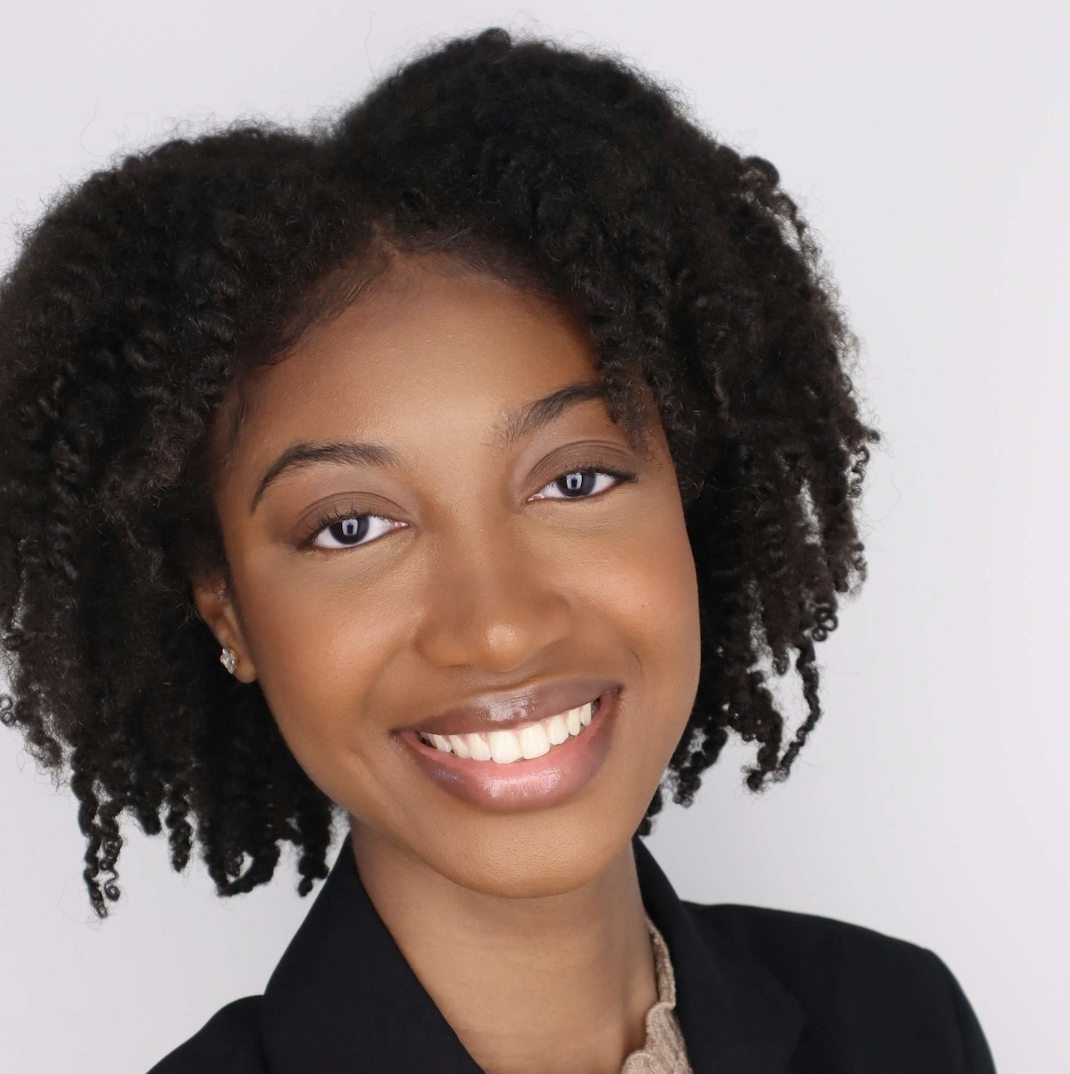
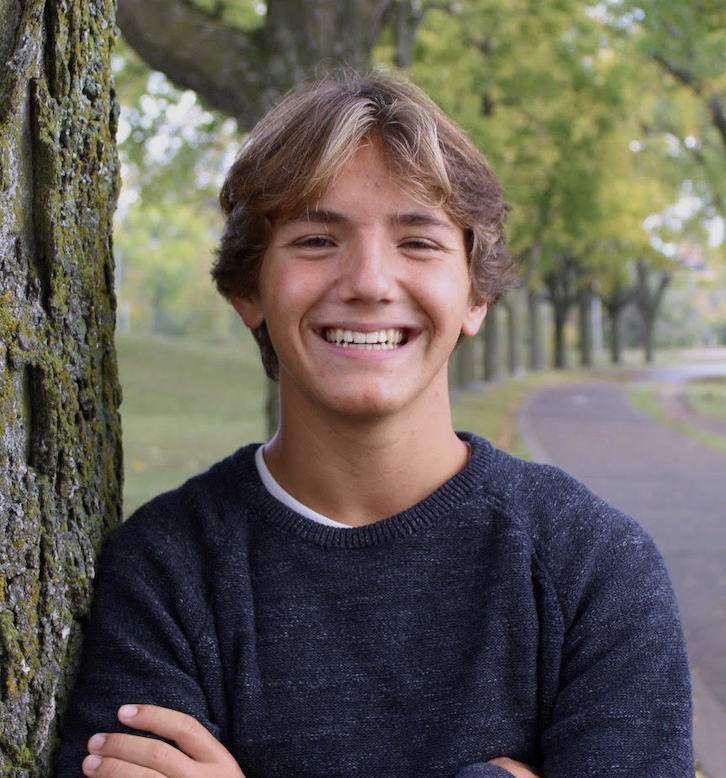
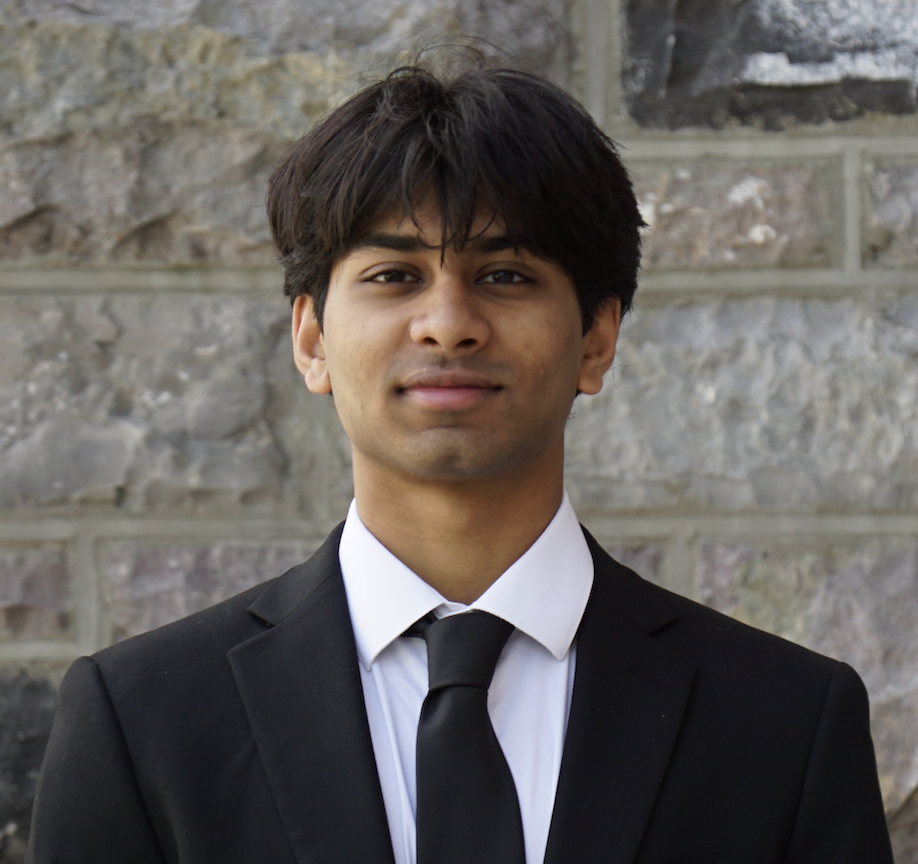

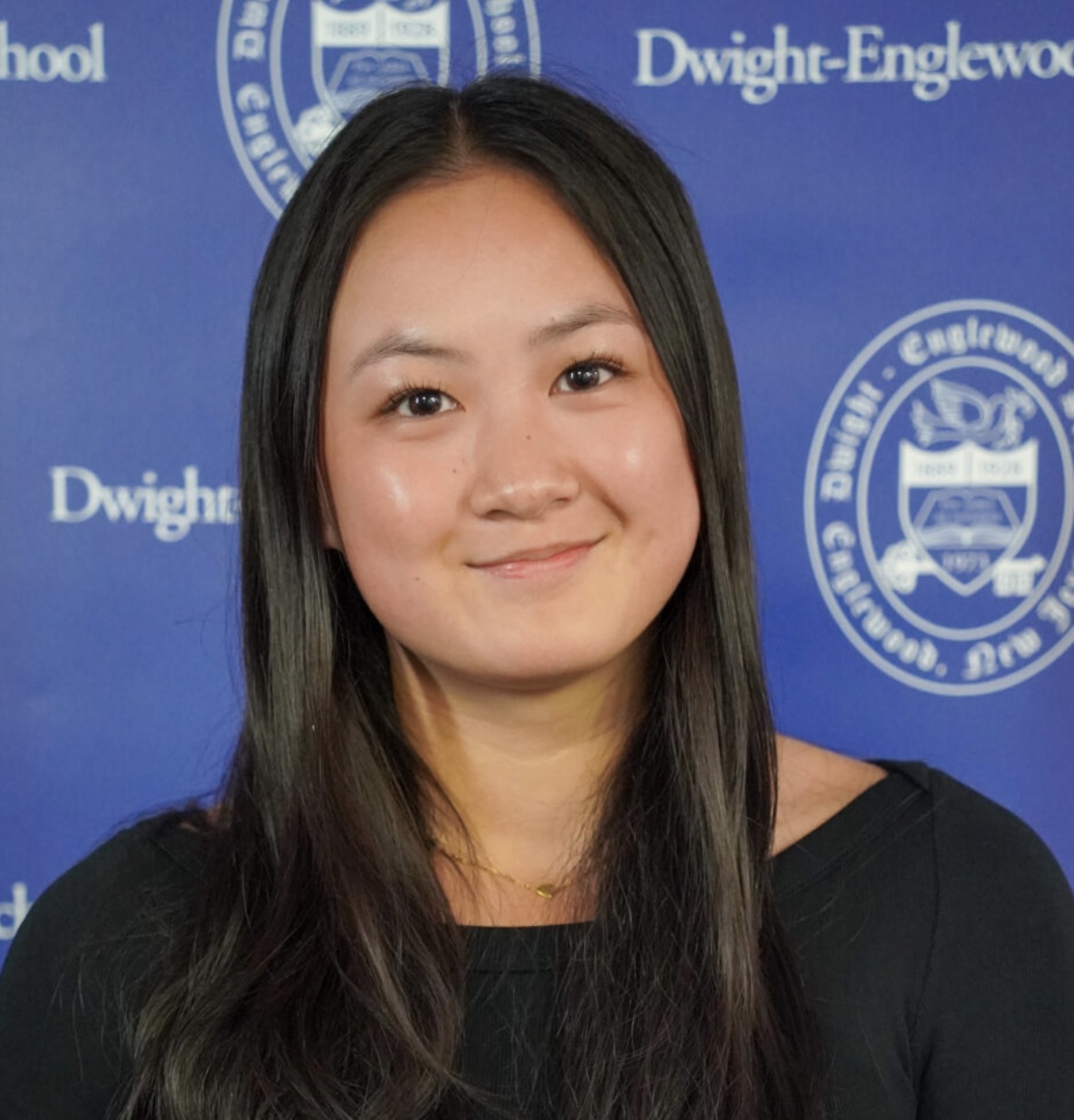
Damisi Kayode
Damisi Kayode is a recent graduate of Towson University, where she earned a Bachelor’s degree in Allied Health. During her undergraduate studies, she participated in a literature review for a Penn State program and contributed to the Dekker Lab’s 4D nucleome project last summer. She will be working at the University of Minnesota under Dr. Laura Niedernhofer, MD, Ph.D, focusing on senescence research within the SenNet program, which explores cellular aging and its health implications. Damisi aims to deepen her understanding of senescence and gain more practical experience in a prestigious research environment. Her long-term goal is to attend medical school and pursue a career as a physician, driven by her passion for advancing healthcare through scientific discovery.
Evan Loe
Evan Loe is a freshman studying Biomedical Engineering at The University of Wisconsin
Madison. He is passionate about medicine and public health, especially improving access to
cardiovascular care. He has organized free ECG and echocardiogram screenings in his
hometown in rural Minnesota and Madison. His interest in Senescent cell research began while shadowing at Dr. Niedernhofer’s SenNet site, where he learned techniques such as qPCR and Immunoblotting. He is beyond excited to join the Rong Fan Lab at Yale University to study spatial omics and epigenetics, such as spatial epigenome sequencing. Evan’s project focuses on mapping human and mouse liver cellular senescence, and its role in liver disease. Evan plans to continue undergraduate research and continue in academia.
Rohit Malavathu
Rohit Malavathu is a rising sophomore majoring in Computational Neuroscience at Virginia Tech, where he researches at the Yan Lab and builds assistive technology with e-NABLE. He will intern at the Roper Lab at Duke University School of Medicine, where he will investigate the effects of senolytic agents on patient-derived colon organoids to reverse aging-related senescence. During the ten-week program, he aims to learn advanced techniques and apply them to future work while refining his career path as he plans to pursue an MD and is considering the MD/PhD path.
Ke’Lena Thomas
Ke’Lena A. Thomas is a driven, resilient, and dedicated individual who recently graduated with a Bachelors of Science in Health Science on the Pre-Medical track from Howard University in Washington, DC. In coherence with the timeline of her graduation she was recently inducted into the National Society of Leadership and Success (NSLS), which is a leadership honors society for college students. In conjecture to her position as a full-time student, she currently operates in the position of a Program Assistant to the Georgetown-Howard Universities Center for Clinical and Translational Science program (GHUCCTS). Over this coming summer, Ke’Lena will be working at the Mayo Clinic in Rochester, Minnesota site. The scope of the site’s research encompasses working with mouse models whereby different strategies of intervention, with senescence cells, to influence disease processes in diseases such as neurodegenerative diseases and cancer are explored. In light of this, Ke’Lena hopes to gain some on-hands, practical experience and exposure to treatment methods for prevelant diseases. Her career goals include being a clinical physician and researcher in the area of pathology to find cures and adequate treatment methods for infectious and non-infectious diseases for affected populations.
Zoe Yao
Zoe Yao is an undergraduate who will study biology and economics at Williams College, where she plans to pursue research in cell and molecular biology. She has participated in Columbia University’s Bioinformatics of Cancer program, gaining experience in genomic analysis, and interned at Oberland Capital, researching longevity and cellular senescence for biotech investment. This summer, she will intern at the Sanford Burnham Prebys Adams Lab, which studies aging-related mechanisms, particularly epigenetic regulation in senescent cells. Zoe hopes to strengthen her translational research and data analysis skills while contributing to the lab’s mission of understanding aging. She aspires to a career bridging biomedical research and investment, with a focus on aging and regenerative medicine. Outside of academics, she is a competitive collegiate tennis player.
